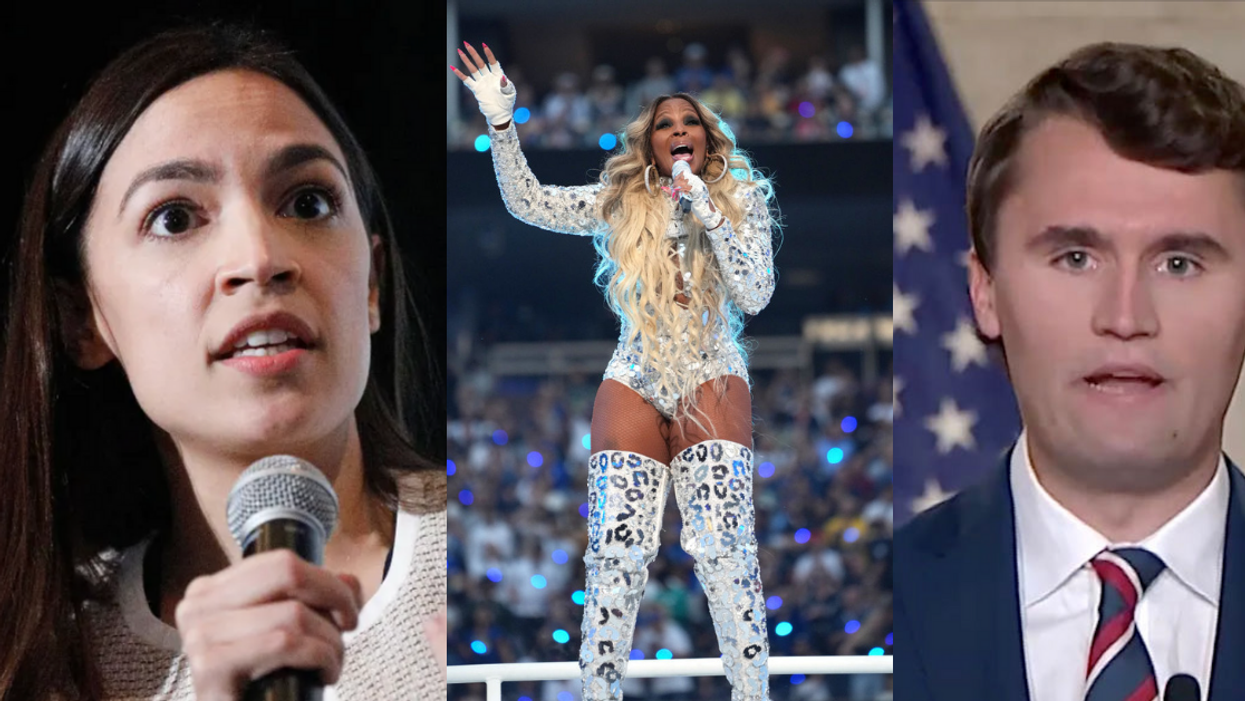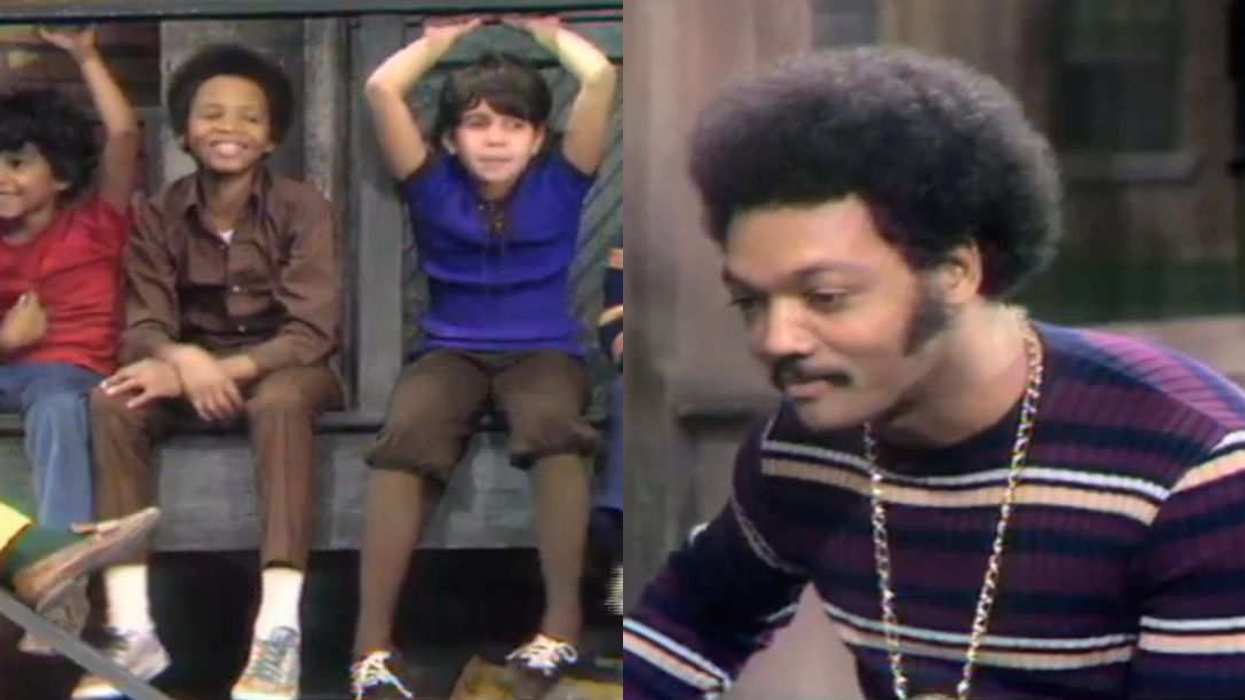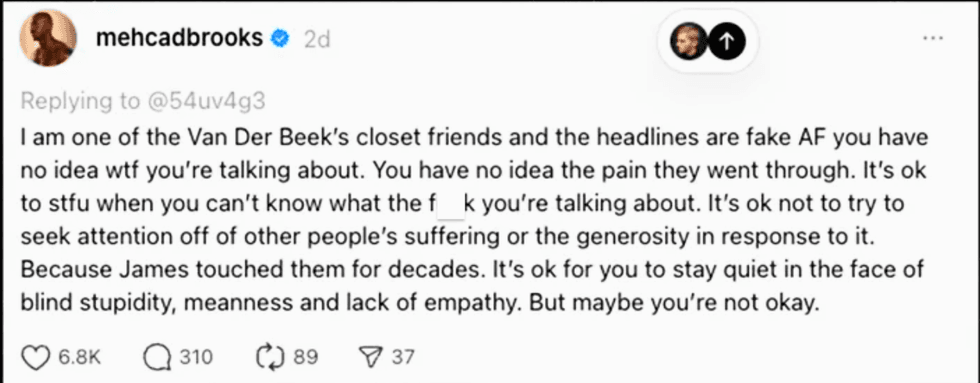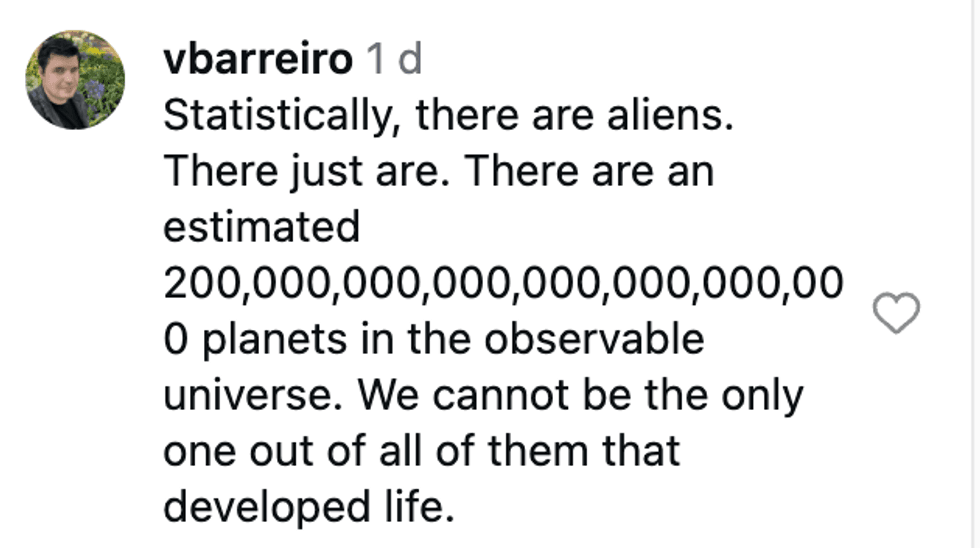Representative Alexandria Ocasio-Cortez, a New York Democrat, criticized conservative activist Charlie Kirk, the founder of Turning Point USA, after he referred to the National Football League (NFL) and its Super Bowl halftime show as "the league of sexual anarchy" and suggested it "should not be allowed on television.”
In a response to Kirk's comments, Ocasio-Cortez called him and his fellow Republicans "weirdos," a reference to her prior criticisms of Republicans for their remarks regarding issues surrounding sex.
Last year Ocasio-Cortez said that Republican men have consistently vented their "very obvious, strange, and deranged sexual frustrations" onto her, other women, and members of the LGBTQ+ community.
Her remarks at the time were largely a response to former Trump adviser Steve Cortes, who'd earlier harped on her boyfriend's "gross pale male feet" after he posted a photo of Ocasio-Cortez and her boyfriend, Riley Roberts, on vacation in Florida, where there is no COVID-19 mask mandate.
Many echoed Ocasio-Cortez's criticisms of Kirk and Republicans at large.
Kirk's remarks are not particularly unique; he is but one of the prominent conservatives who wasted no time complaining about the halftime show, which featured performances by artists such as Dr. Dre, Snoop Dogg, Eminem, Mary J. Blige, and Kendrick Lamar, and has been widely heralded as a celebration of Black excellence.
Earlier, former White House Press Secretary Sean Spicer was widely criticized after he asked what the "message of the halftime show" was.
A fact that appeared to evade Spicer is that February is Black History Month and that the halftime show was a celebration of hip-hop, a genre of popular music developed in the United States and emerged as a subculture and an art movement from the Bronx in New York City during the early 1970s.
While the Super Bowl has featured hip-hop artists and rappers during halftime performances in the past, this year's show marked the first time that hip-hop acts were "the sole, main attraction," as pointed out by Juwan J. Holmes, the Associate Editor of IntoMORE.
Holmes goes on to note that "it was largely Black people that pioneered the Super Bowl as the ultimate home for the best of entertainment," stressing that Black contributors have continued to play these important roles without receiving proper credit or recognition.














 @mehcadbrooks/Threads
@mehcadbrooks/Threads
 @lamorne/Instagram
@lamorne/Instagram @bigbeaubrown/Instagram
@bigbeaubrown/Instagram @musiccitykristy/Instagram
@musiccitykristy/Instagram @phil_torres/Instagram
@phil_torres/Instagram @vbarreiro/Instagram
@vbarreiro/Instagram @franklinjleonard/Instagram
@franklinjleonard/Instagram @br1an02/Instagram
@br1an02/Instagram @ohhelloitsmax/Instagram
@ohhelloitsmax/Instagram @frecklesmarie/Instagram
@frecklesmarie/Instagram
